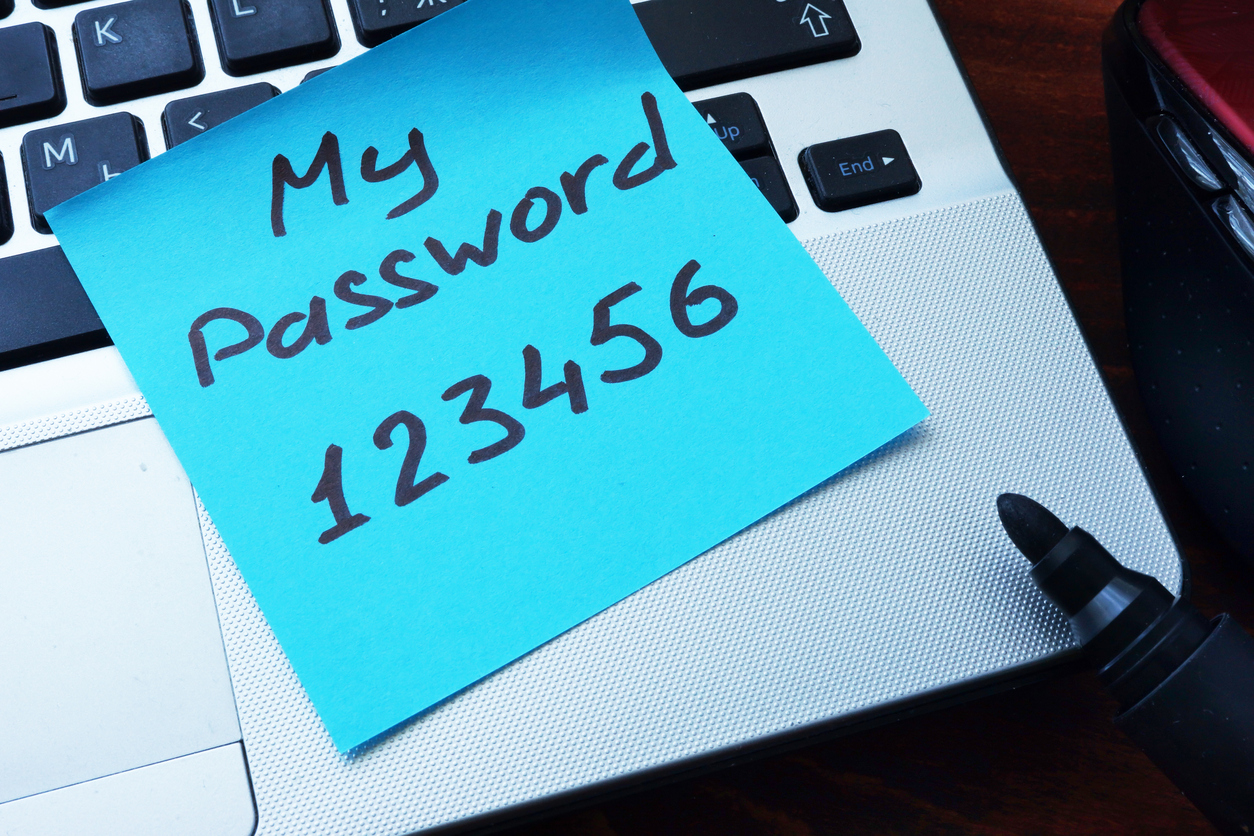How to get a Finnish IP address
The easiest way to improve your digital privacy is to switch your IP address using a VPN. We’ll …

You’ve probably heard that a strong password is really important to keep your accounts safe. You’ve also probably heard that people are still not creating good passwords. But even if you are—or at least you think you are—hackers are smart and they’ve figured out ingenious ways to crack what you think is a secure password.
Here’s how they do it:
Dashlane, a password manager tool, took a look at 61 million passwords from data breaches. These passwords were available to hackers, of course, but also to the public and even security researchers. To the surprise of precisely nobody, the biggest takeaway was that people’s passwords were far from original, and most of them were actually the same.
The most popular passwords were “Ferrari,” “iloveyou,” “starwars,” and of course “password1234.”
If you’re a hacker, let’s be honest, these aren’t hard to guess. And, in fact, there are tools out there that will help make life even easier.
One of the most common tools is “John the Ripper.” This tool uses what’s known as a “dictionary attack,” where it takes a list of dictionary words and uses them to crack passwords. The tool can try millions of words in a short space of time, and it can do sneaky things like replacing an “a” with an “@” or an “e” with “3.”
In short, if your password contains a real word of any kind, even an inexperienced hacker can use a tool to figure it out in seconds.
One other thing Dashlane noticed was that many people thought they were being creative by using a tactic called “password walking.” Basically, this is when you “walk” your fingers across the keyboard, hitting keys that are adjacent. This creates a password that looks unique and random, like “zxcvbn,” “1q2w3e4r,” or ‘poiuytr.”
While you might think a password such as this is secure, hackers know people use these tricks and can plug in any number of variations into their tools and test them out. Once again, in a matter of moments, a hacker will figure out your password.
Some may think that a password formula based on the name of the particular website you are using is a smart idea. But, again, it’s hard to trick a hacker. This is especially true if a hacker figures out your “base password” (the part of your password that you use over and over again…another common tactic). They’ll then use that and try different variations, or other common combinations, to piece the puzzle together.
Let’s imagine, for instance, that you use the password “Porsche3$5^” for Twitter and “Porsche4%6&” for Facebook. All you did was change the second half and then went “password walking.” This is child’s play for hackers.
Here’s what goes on in the mind of a hacker, according to a person who has hacked thousands of accounts and documented his tactics on Lifehacker.
Follow his logic in this section taken from his article:
From this, you can see how the mind of a hacker works. And also how sophisticated (yet kind of simple) it is for them to figure things out.
And what’s not mentioned in this segment is the part your social media channels play—you know, where you talk about your favorite dog “Chappy” or your kid’s birthdate. Odds are, you probably use these personal details in your passwords. So, a quick search on Facebook and a hacker can find a few good words and numbers to plug into their hacking tool and figure out some viable options.
The moral of the story is this: Stop trying to come up with clever passwords based on names, places, or things in your life. Instead, use a password manager which automatically will create random passwords for all of your accounts. For example, my password manager just generated “ppwjK!C$p8g^2B” which is ridiculously strong and is highly unlikely to be guessed. And the added benefit is a password manager will remember the passwords, so you don’t have to.
Also, make sure your password is long. Here’s an image that shows just how much easier it is for a hacker to crack a short password, and what a difference it makes using a variety of characters rather than just lowercase letters.
From that same Lifehacker article:
Pay particular attention to the difference between using only lowercase characters and using all possible characters (uppercase, lowercase, and special characters – like @#$%^&*). Adding just one capital letter and one asterisk would change the processing time for an 8 character password from 2.4 days to 2.1 centuries.
Though you cannot stop your important accounts from getting breached, which is up to the organizations and companies that own them, you can do something on your end to minimize the chance of your password being hacked.
And talking of keeping your data safe, make sure you download Hotspot Shield for free to ensure cybercriminals can’t hack into your computer, tablet, or smartphone. As we’ve just discovered, hackers have their own tools: Hotspot Shield is your tool to fight back.
